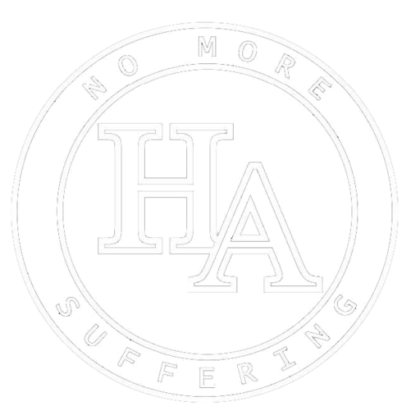BEING A SPONSOR

“Having had a spiritual awakening as the result of these steps, we tried to carry this message to heroin addicts, and to practice these principles in all our affairs.”
When many of us entered Heroin Anonymous the concept that we never had to use again seemed like an impossible objective. We struggled to achieve even a few days of sobriety and in many cases, our lives were in disarray. Many of our personal relationships were in ruin, life often seemed to be lacking any purpose other than getting high, and some of us had lost our jobs and our homes. For some of us, it was our first time in the rooms and we were met with confusion as we gazed upon the steps. For others we were coming back after finding we could not achieve long term sobriety working the program on our own, taking the parts we liked while discarding the ones we did not.
That is why we of Heroin Anonymous find it essential to have a sponsor. A sponsor is a person who has worked all 12 Steps and continues to practice them in their life. He or she is a person who can offer guidance and support in recovery. With their experience in living the 12 Steps, a sponsor can offer many suggestions on how to approach daily life situations and how to address those instances where one’s sobriety is at risk.
Freedom from heroin addiction comes from working all 12 steps and this cannot be done alone. The 12 steps are a process for “waking up” spiritually. This is why the sponsor’s primary role is to guide another heroin addict through the 12 steps. A sponsor will not keep you sober, but by guiding you on the path to your own spiritual experience, they can help you find lifelong sobriety. When practicing the 12 steps in all of our affairs, we have found that most of the problems that weighed us down in our addiction are solved.
Many of us had misconceptions about the role of a sponsor. We quickly learned that it is not a sponsor’s responsibility to provide a sponsee with a job, lend money, or give them a place to live. However, some sponsors have been known to provide assistance in these areas when warranted. A sponsor is not someone who wishes to control their sponsee’s every move. It is not a sponsor’s role to decide where they should work – whom they should or should not date – whether or not they should remain married -or where the sponsee should go to meetings. A sponsor is not someone who will tell someone what to do, but rather, a sponsor is someone who can share their experience and be a guide through the 12 steps.
While the prospect of picking a sponsor may seem daunting, it does not need to be so. We found it helpful to think carefully about who would be a good sponsor for us. In many instances, we asked for advice from those around us. While it was essential for us to consider the matter, it was also important not to delay too long out of fear or anxiety.
As we progressed through the steps and gained a firm foothold on our own sobriety we, in turn, sought to help others just as our sponsors helped us. We have found this to be one of the most rewarding experiences in our lives today. To see others recover and our fellowship grow has brought new purpose and meaning into our lives. There is an expression you will hear in some of our meetings…
“I cannot keep it if I do not give it away.”
